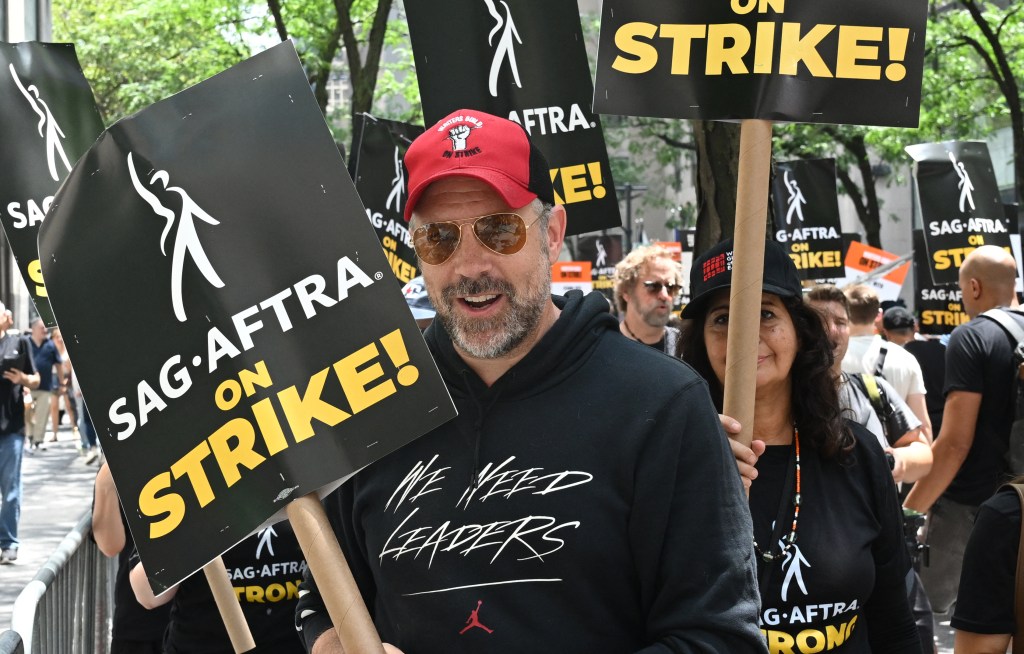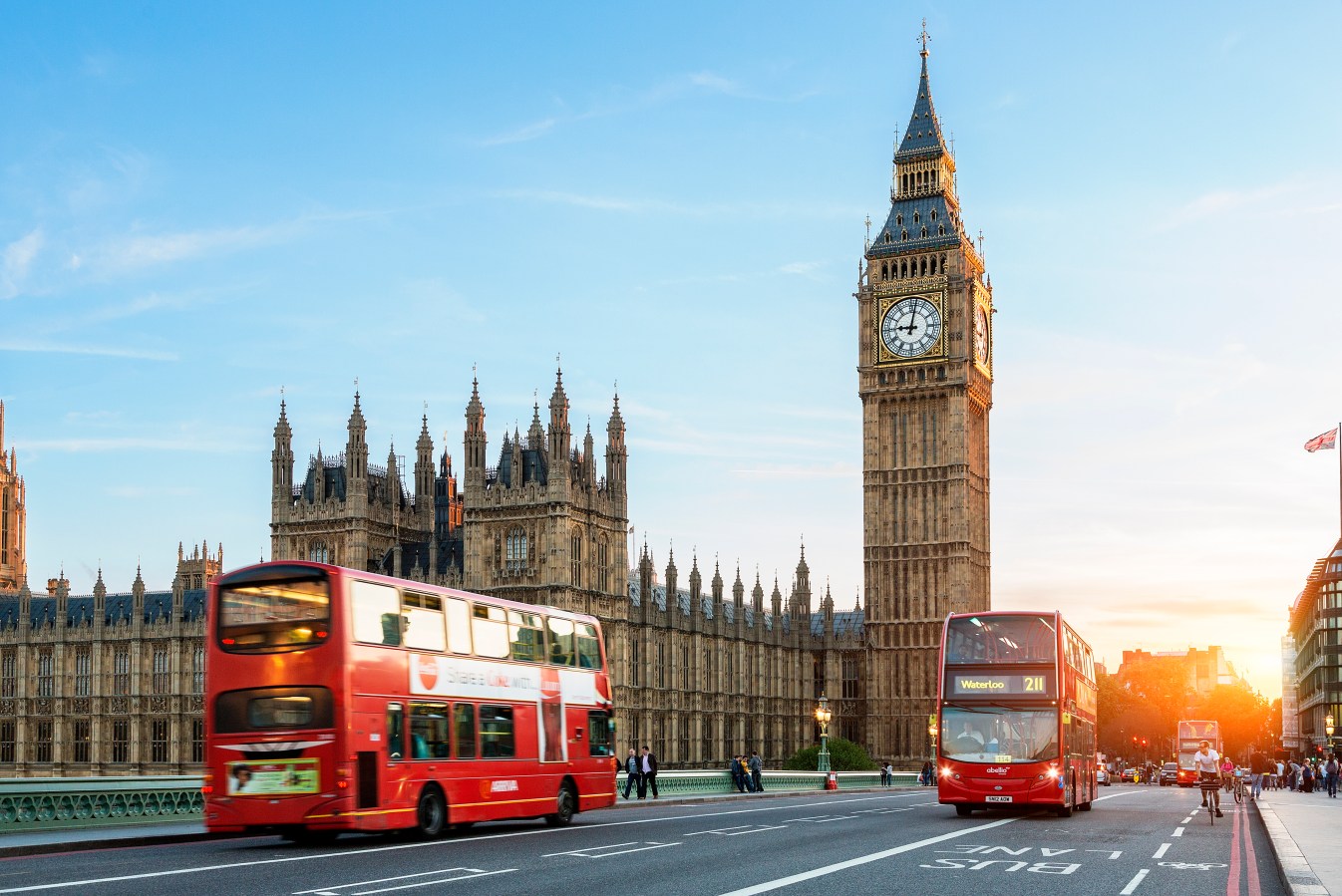Ongoing strikes by Hollywood actors and writers could cost Warner Bros. Discovery up to US$500 million, according to a regulatory filing from the company Tuesday, after it said the financial impact of the strikes will likely persist through the end of the year amid programming delays and cancellations.

Key Takeaways
- Warner Bros. Discovery said it expects between a $300 million and $500 million cut to its adjusted earnings before interest, taxes, depreciation and amortization—the process of something losing value over time—with earnings expected to be between $10.5 billion and $11 billion for the year, according to a securities filing.
- The cut is “predominantly due to the impact of the strikes,” according to the company, which noted it “cannot predict when the strikes will ultimately end.”
- Matthew Thornton, an analyst for Truist Financial, told the Wall Street Journal that the cut to full-year guidance was expected, as negotiations between Hollywood studios and actors and writers continue to fall through.
- Shares for Warner Bros. Discovery rose just over 2.5% as of 12:30 p.m. EDT Tuesday.
Big Number
$5 billion. That’s how much the writers strike could cost the national economy, Kevin Klowden, a strategist for the New York-based think tank Milken Institute, told Yahoo. Todd Holmes, a professor at California State University at Northridge, estimates both strikes have cost California’s economy an estimated $3 billion as of August 9.
Surprising Fact
A majority of Americans support both strikes regardless of political affiliation, according to a poll conducted by the progressive polling firm Data For Progress. An estimated 67% of Americans support the strikes, while 18% are in opposition. The poll—which covered 1,124 respondents—indicated an estimated 59% of Americans have an unfavorable opinion of major Hollywood studios after they rejected demands by both unions.
Key Background
The Writers Guild of America and the Hollywood actors’ union, SAG-AFTRA, have requested increased compensation, better residuals, staffing requirements and protections from AI job interference, among other demands. The WGA and SAG-AFTRA announced their strikes on May 2 and July 14, respectively. The Alliance of Motion Picture and Television Producers—representing Warner Bros. Discovery, Paramount, Amazon and Netflix—has noted it was committed to reaching a deal after indicating its goal was “getting people back to work.” Warner Bros. said in the filing that it was “hopeful that these strikes would be resolved soon.” The strikes have resulted in numerous high-profile television shows and movies being paused, as the WGA strike surpassed the 100-day mark last month.
This article was first published on forbes.com and all figures are in USD.


